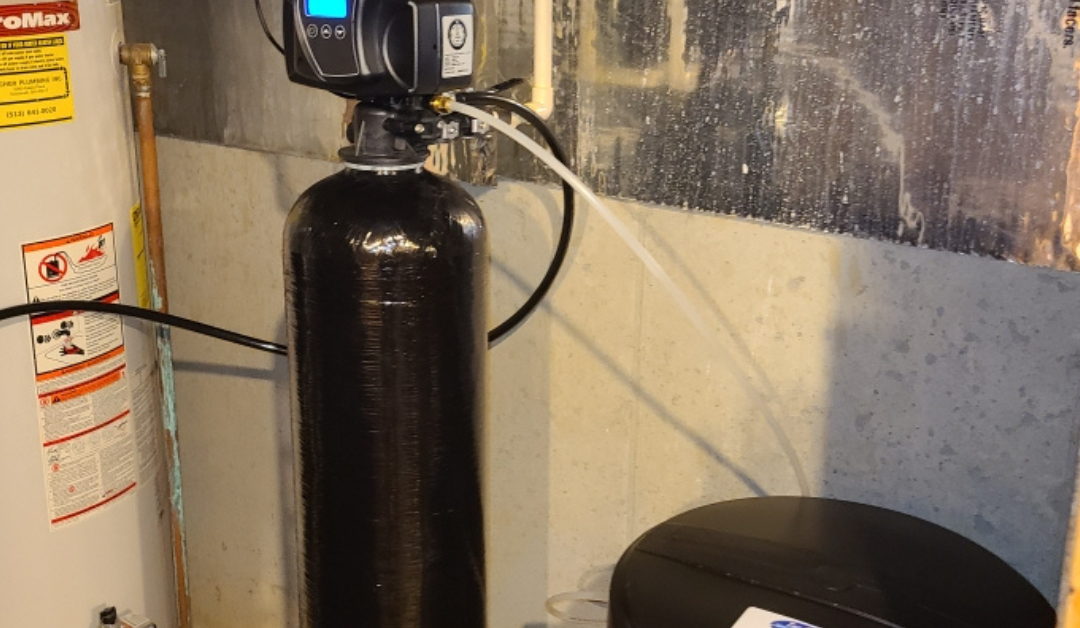Water is a critical resource for human survival, economic development, and ecosystem maintenance. Managing this vital resource efficiently requires innovative solutions, especially in areas where water is scarce. One such solution that has been used throughout history is the cistern system. This article will delve into the concept of cistern systems, their importance, and the different types available.
What is a Cistern System?
A cistern system is a waterproof receptacle designed to collect and store rainwater or water from other sources for consumption, irrigation, or other uses. These systems are particularly useful in regions where access to water is limited due to environmental conditions or lack of infrastructure.
Cisterns can be made from a variety of materials, including concrete, steel, plastic, or fiberglass, and range in size from small tanks that serve individual households to large communal reservoirs. The choice of material and size often depends on the intended use, the amount of water that needs to be stored, and the budget.
The Importance of Cistern Systems
Cistern systems play an essential role in water conservation. By harvesting rainwater or transporting water from distant sources, cisterns help:
- Reduce dependence on municipal water supplies
- Minimize the impact on local watersheds
- Lower water bills
- Provide emergency water reserves during droughts or other disruptions
- Offer a sustainable water supply alternative for gardening and landscaping
Moreover, in historical contexts, cisterns were critical for the survival of communities in arid regions and still hold cultural and historical significance in many parts of the world today.
Different Types of Cistern Systems
Let us explore the various cistern systems, which range from traditional to modern, and examine their applications.
Underground Cisterns
Underground cisterns are one of the oldest forms of water storage. These cisterns are typically buried to prevent water evaporation and keep the water cool. They are favored in urban settings or where space limitations are an issue.
Advantages:
- Reduced evaporation due to subterranean placement
- Water remains cooler and less susceptible to algae growth
- Less vulnerable to contamination from airborne pollutants or animals
- Saves above-ground space
- Typically has a larger capacity
Disadvantages:
- More expensive to install because excavation is required
- Can be difficult to clean and maintain
- Risk of ground water contamination if not properly sealed
Above-Ground Cisterns
Above-ground cisterns are more common in rural or suburban areas where land availability is not a constraint. These are easier to install and maintain compared to their underground counterparts.
Advantages:
- Easier and less expensive to install
- Maintenance and repairs are more straightforward
- Easier to monitor water levels
- Can be portable
Disadvantages:
- More prone to evaporation and algae growth due to exposure to sunlight
- Can occupy valuable land space
- May require insulation or shading to maintain water temperature
Rain Barrels
Rain barrels are a scaled-down version of a cistern and are usually connected to a downspout to collect rainwater from the roof. They are most commonly found in residential settings for garden irrigation.
Advantages:
- Inexpensive and easy to set up
- Ideal for small-scale gardening needs
- Reduces runoff pollution and erosion
Disadvantages:
- Limited storage capacity
- Not suitable for large-scale or household water needs
- May require more frequent cleaning
Potable Water Cisterns
Potable water cisterns are designed to store water that is safe for drinking. These cisterns must meet specific health and safety standards to ensure water quality is maintained.
Advantages:
- Provides an independent supply of drinking water
- Can be a lifeline in areas without reliable municipal water
Disadvantages:
- Requires constant monitoring and treatment to ensure water safety
- More costly due to the need for food-grade materials and filtration systems
Fire Suppression Cisterns
Specifically built to aid firefighting efforts, these cisterns store large volumes of water that can be accessed quickly in case of a fire emergency.
Advantages:
- Critical for fire suppression in remote or rural areas without hydrants
- Can lower insurance premiums by providing an on-site water source for firefighting
Disadvantages:
- High initial investment for capacity and access requirements
- Must be maintained to ensure quick and reliable access during emergencies
Agricultural Cisterns
Used primarily for irrigation, these cisterns provide a consistent water supply for agricultural purposes, helping to stabilize crop production in regions with irregular rainfall.
Advantages:
- Supports sustainable agriculture by using harvested rainwater
- Can significantly reduce water costs for farmers
Disadvantages:
- Requires a large area for installation
- May need additional infrastructure like pumps and distribution systems
Each type of cistern system presents distinct features tailored to the needs they serve. It’s imperative to consider factors such as climate, water needs, and budget constraints when choosing the appropriate cistern system.
Cistern systems are a traditional yet relevant technology that continues to offer sustainable solutions for water management across the globe. From simple rain barrels to elaborate underground storage units, these systems cater to diverse needs, from household consumption to agricultural use, while promoting the conservation of one of our planet’s most precious resources.
The effectiveness of a cistern system relies heavily on proper installation, ongoing maintenance, and mindful use. As such, individuals and communities considering cisterns should factor in these requirements to ensure an efficient and dependable water supply for their specific needs. With thoughtful integration into our modern lives, cistern systems can play a vital part in achieving a more sustainable and water-resilient future. If you have a cistern and want pure water, contact our team today.

